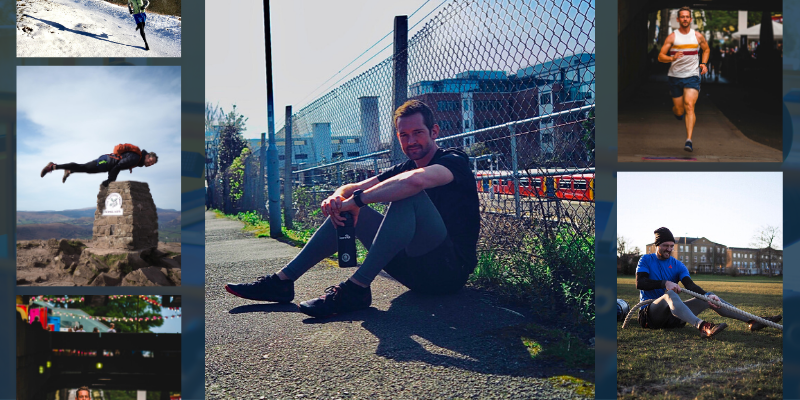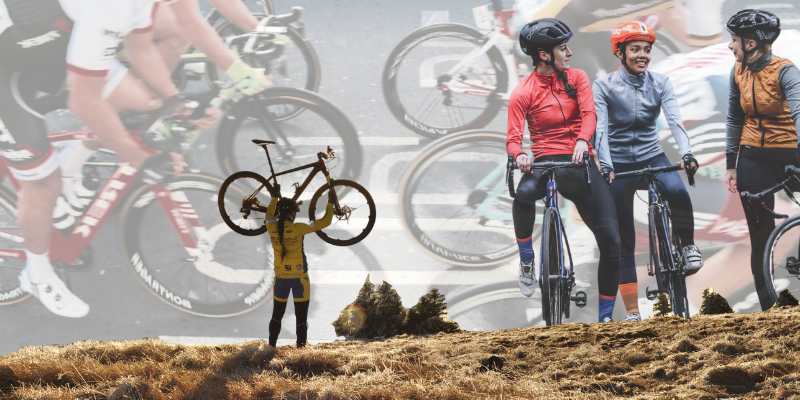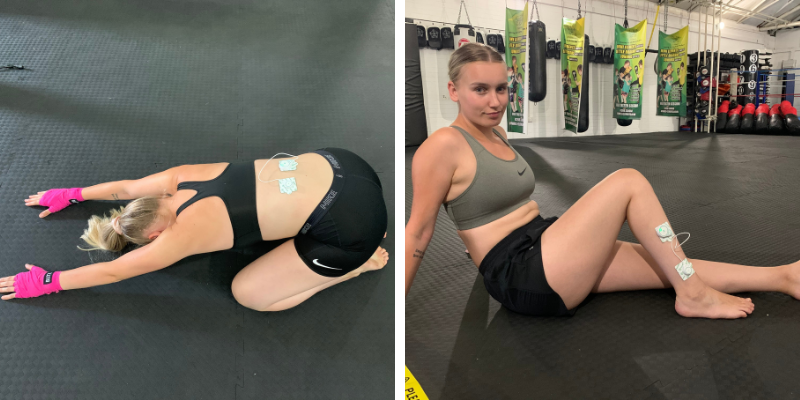The human body is an incredible machine that can potentially reach amazing physical heights - so how do we unlock its full potential? Your initial thought might be to train harder and longer, however, the truth is ‘recovery’ might be what is missing from your workout.
Why do we need recovery time?
Professional Trainer and Rehabilitator at Elevate Sport, Liam Grimley talks with us about the importance of recovery and shares his top six recovery tips to optimise your training.
“Rest and recovery give your body the opportunity to do what’s necessary to respond and come back stronger.”

“Insufficient recovery can lead to incomplete repair which can result in overuse injury, over training syndrome and even hormonal dysfunction. It can take from 48 hours to 5 days for your body to completely recover from a training session!”
1. The power of sleep

"This is non negotiable. Regardless of your level of training, you should plan a 7 to 9 hour sleep opportunity every night. Sleep is so important for body recovery as this is when you do most of your physical and cognitive repairing and recovering. If you have a good night’s sleep, you will be able to train better and perform to your potential. Never compromise on sleep."
2. Stay Hydrated

"Not just after training, but all day long. Good hydration ensures faster recovery and better adaptation. It is important to drink during and after exercise. But don’t forget to keep hydrating on a regular basis, and your body and muscles will thank you for it."
3. Keep moving

"Don’t train hard and then sit still for hours on end. Movement accelerates recovery by maintaining good circulation and mobility of your tissues. Walking and light movement will make you recover better so you can train harder, sooner. Similarly, stretching will help tired muscles recover more quickly."
4. The BioElectrical Touch

"Bioelectrical devices can help aid recovery. The NuroKor ‘Recovery Mode’ helps stimulate blood flow for the removal of fatiguing by-products of exercise, whilst at the same time, delivering nourishing blood for healing and recovery. Resting muscle tone is more readily restored, facilitating relaxation and the recovery process. All these things can significantly reduce delayed onset muscle soreness (DOMS) allowing quicker return to training readiness."
5. Eat the rainbow

"Nourish, replenish, refuel. It is vital to get a good ‘food first’ diet dialled in. This means eating, good real food. You should look at ensuring you ‘eat the rainbow’ and aim for a wide variety of whole foods. Nature provides a full spectrum of colours and this rainbow of colours gives us the opportunity of eating foods rich in nutrients that are linked to the various colours, each having their own health benefits. Unless you have a lot of training sessions per day with only short breaks, try delaying post-exercise meals for better digestion and gut health. This goes against traditional ‘recovery window’ thinking, but the modern view supports delayed feeding for better recovery."
6. Listen to your body (and your head)

"If you need more rest, take more rest. If you find you need a certain length of time or a certain way to recover, do more of it. If you lose the buzz to get out there and push yourself, take some time out to recuperate both your body and mind. You’ll come back rejuvenated and ready for more."
Learn more about Liam Grimley and Elevate at www.elevatesport.co.uk or on Instagram @elevatesport
To keep up to date with all our NuroKor Ambassador stories, you can follow @NuroKor on FB, Instagram & Twitter.


